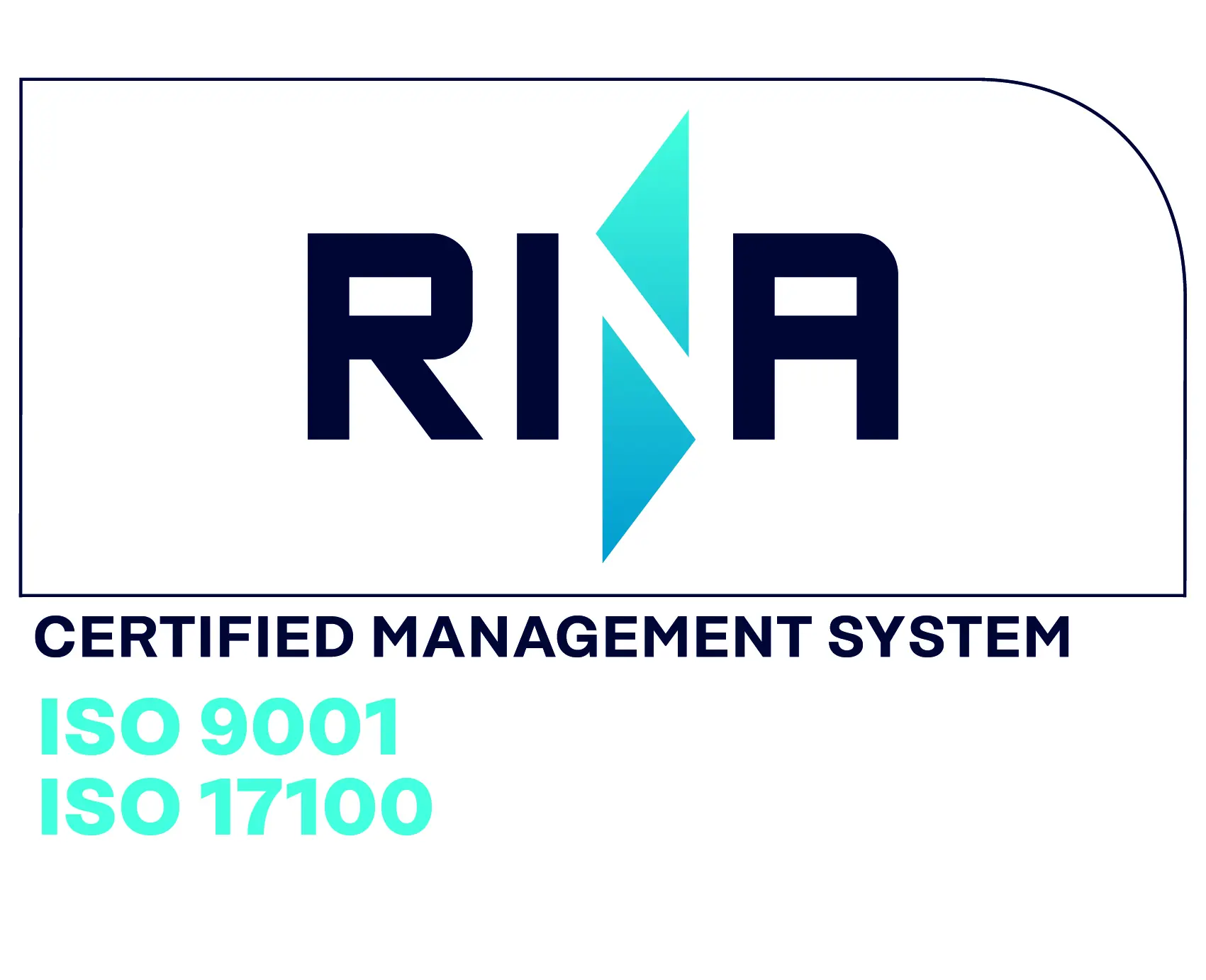NN Translations is proud to be certified for both ISO 9001 and ISO 17100, ensuring top-quality standards in translation and linguistic validation services.
In today’s globalized world, accurate and reliable translation services are more critical than ever. Whether it’s for legal documents, medical research, or multinational business communications, the stakes are high. This is where ISO certification comes into play, serving as a hallmark of quality and trust in the translation and linguistic validation industry.
What is ISO Certification?
ISO (International Organization for Standardization) certifications are internationally recognized standards that ensure products and services are safe, reliable, and of high quality. In the context of translation services, two key certifications stand out:
- ISO 17100:2015: This standard specifies the requirements for core processes, resources, and other aspects necessary for the delivery of a quality translation service that meets applicable specifications.
- ISO 9001:2015: Focused on quality management systems, this certification ensures that organizations consistently provide products and services that meet customer and regulatory requirements.
Why Does ISO Certification Matter in Translation and Linguistic Validation?
- Quality Assurance: ISO-certified companies adhere to stringent quality management processes. This means translations are not just linguistically accurate but also culturally appropriate and contextually relevant.
- Consistency: Standardized procedures ensure consistency across all projects, regardless of size or complexity. This is particularly important for businesses that require uniformity in their global communications.
- Risk Mitigation: In sectors like healthcare, legal, or finance, a mistranslation can have serious consequences. ISO standards help mitigate these risks by enforcing thorough checks and validations.
- Client Confidence: ISO certification assures clients that the service provider is committed to maintaining high-quality standards, which can be a deciding factor in partnership decisions.
Choosing the Right Partner
While some companies require their translation and linguistic validation providers to have ISO certification, others may not. However, partnering with an ISO-certified provider ensures that you are working with professionals who prioritize quality and have the systems in place to deliver it consistently.
Conclusion
Investing in ISO-certified translation and linguistic validation services is not just about meeting a standard—it’s about committing to excellence and reliability. In an industry where precision is paramount, ISO certification is a valuable marker of a company’s dedication to delivering the best possible outcomes for their clients.
